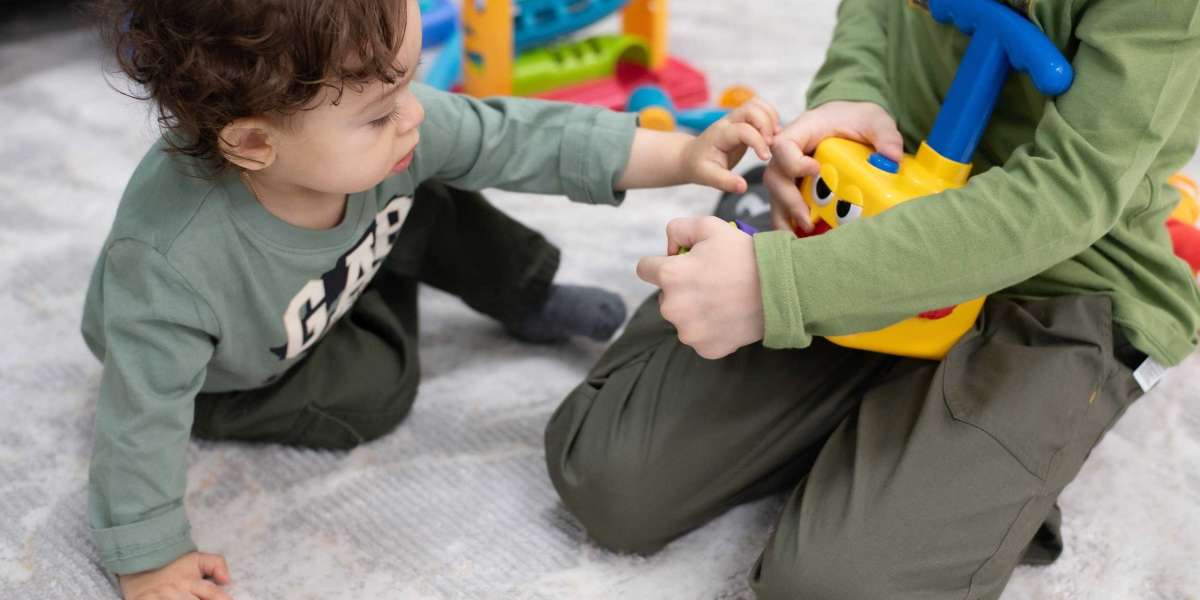Speech and language development is foundational to a child’s overall growth, affecting everything from their academic performance to their social relationships. If a child struggles with communication, it can lead to frustration and difficulties in other areas of life. Fortunately, a speech language pathologist (SLP) is trained to help children overcome these challenges, providing specialized support to improve their communication skills.
The Expertise of a Speech Language Pathologist
Comprehensive Evaluations and Diagnosis
A speech language pathologist performs thorough evaluations to identify the specific communication challenges a child may face. Whether a child is dealing with a speech delay, difficulty with vocabulary, or issues with listening and comprehension, SLPs use a combination of tools, including tests, parent questionnaires, and clinical observations, to pinpoint the problem.
Customized Therapy Techniques
After the evaluation, a speech language pathologist develops an individualized therapy plan tailored to the child’s specific needs. Therapy may involve structured activities, games, and exercises that target specific speech issues. By working one-on-one with the child, the SLP helps build the child's ability to communicate effectively, ensuring that they reach key milestones in their development.
The Unique Role of a Pediatric Speech Pathologist in Child Development
Specialized Knowledge of Child Development
A pediatric speech pathologist specializes in the speech and language development of children, understanding the stages and the common issues that arise at different ages. They know that every child is unique and requires a personalized approach to therapy. This specialized knowledge allows pediatric SLPs to offer treatments that are effective in addressing communication problems early on, ultimately helping children develop strong language skills.
Enhancing Social and Academic Skills
The work of a pediatric speech pathologist extends beyond improving verbal communication. By enhancing a child’s language skills, they also help improve social interactions and academic performance. Children who struggle with language may have trouble in school or with making friends. Through speech therapy, a pediatric speech pathologist helps bridge the gap, allowing children to succeed socially and academically.
Conclusion
The expertise of a speech language pathologist, especially a pediatric speech pathologist, is invaluable in supporting a child’s development. Through early evaluation, personalized therapy, and specialized care, SLPs provide children with the tools they need to communicate effectively. Parents who notice signs of speech or language delays in their child should seek the help of a professional to ensure early intervention and the best possible outcomes for their child’s future.











